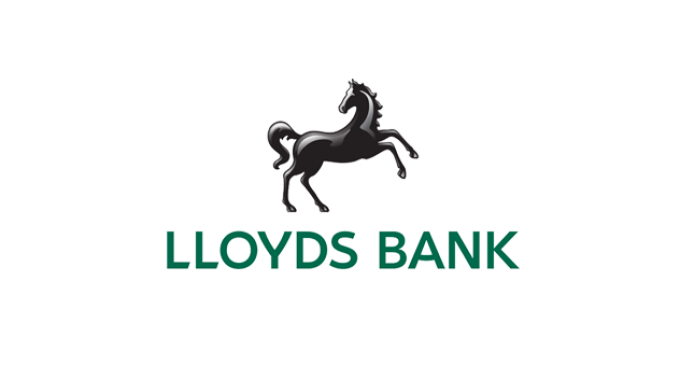More UK sectors report output growth in December

The number of UK sectors reporting output growth more than doubled in December, according to the Lloyds Bank UK Sector Tracker. Seven of the 14 sectors monitored by the Tracker reported output growth (versus three in November) – the highest number since June 2022. However, overall UK economic activity saw a slight decline (49.0 vs. 48.2 in November). A reading above 50.0 on the Tracker indicates expansion, while a reading below 50.0 indicates contraction.
Software services firms (56.8 vs. 47.5 in November) and automotive manufacturers (53.1 vs. 38.0 in November) posted the fastest rises in activity. The tourism and recreation sector (50.2 against 44.6 in the previous month) – which includes pubs, hotels and restaurants – also saw output grow, supported by the World Cup. That said, growth in this and other sectors was often mild.
Demand contraction slows, as inflationary pressures improve
December’s data presented positive signs of business’ inflationary pressures easing, which in turn could feed through to a slowdown in the increase in prices charged to consumers.
Eleven of 14 sectors in December reported slower input cost inflation month-on-month – the highest number since July 2022. The chemicals sector posted the largest reduction in cost inflation (down 9.6 points month on month) while there were also significant declines for automobiles and auto parts manufacturing (-6.9), and food and drink manufacturing (-6.8).
The Tracker reported overall energy, material and logistics cost pressures weakening to 11, 20 and 25-month lows, respectively. By contrast, salary pressures remained close to record-high levels (3.87 times the long-term average), amid continued competition for workers.
However, across the economy, demand, as measured by new orders, continued to contract in December to 48.0, although at the slowest pace since September 2022 (48.6).
Weaker demand was attributed to the high inflation environment, with the number of firms linking poorer sales to price pressures hitting a record 18.8 times the long-term average, up from 15.3 in November.
Jeavon Lolay, Head of Economics and Market Insight at Lloyds Bank Corporate and Institutional Banking, said: “While the economy held up better than expected in recent months, the impact of temporary boosts such as the World Cup and first Covid-19 restriction-free Christmas for three years is evident. The mixed performance across UK sectors is likely to remain a rolling theme in 2023 as the strains from rising prices and higher interest rates impact both households and firms disproportionately.
“Still, further evidence of a broad softening of inflationary headwinds is welcome, as in large part this reflects the continuing normalisation of supply chain conditions for many sectors. How quickly this is reflected in firms’ output prices and then consumer prices will be watched closely.
“The other key dynamic to note in our report is the continuing strength of salary demands, which, if sustained, will keep underlying price pressures elevated.”
Scott Barton, Managing Director, Lloyds Bank Corporate and Institutional Banking, added:“Despite December data showing a marginal increase in activity in some sectors, this month’s broader data illustrates that the current trading environment remains fragile.”
“As companies begin their operations in 2023, it will be important to stay focused on the fundamentals. Through consistent and comprehensive forecasting, analysing performance data, and closely managing supply chains and inventory, businesses can establish a strong foundation to successfully navigate the challenges that lie ahead.”
In December, the UK sectors reporting output growth were automobiles and auto parts manufacturing (53.1), tourism and recreation (50.2), real estate (52.3), industrial goods manufacturing (50.3), industrial services (50.8), technology equipment manufacturing (52.9) and software and services (56.8).
The UK sectors reporting growth in new orders were food and drink manufacturing (58.2), tourism and recreation (55.9), real estate (50.5) and technology equipment manufacturing (51.5).
The UK sectors reporting slower input cost inflation were chemicals (-9.6 month-on-month), metals and mining (-2.3), automobiles and auto parts manufacturing (-6.9), food and drink manufacturing (-6.8), household product manufacturing (-0.6), tourism and recreation (-4.5), healthcare (-3.8), industrial goods manufacturing (-6.0), industrial services (-4.4), transportation (-3.1) and technology equipment manufacturing (-5.8).





















